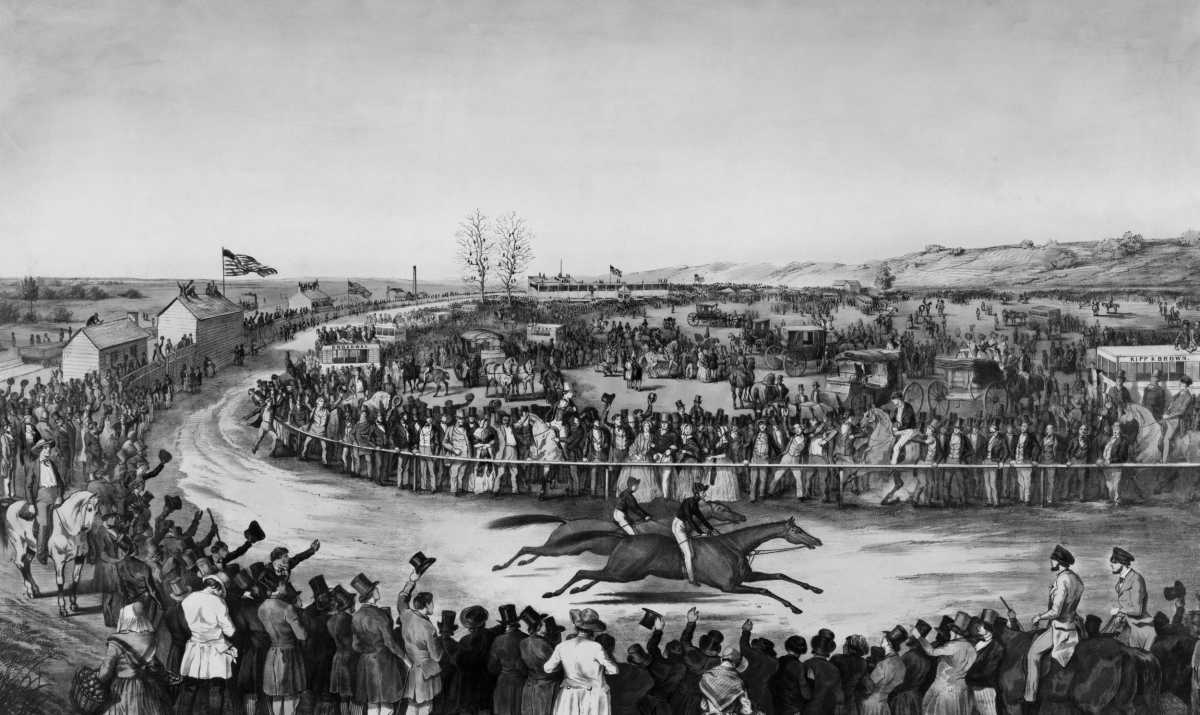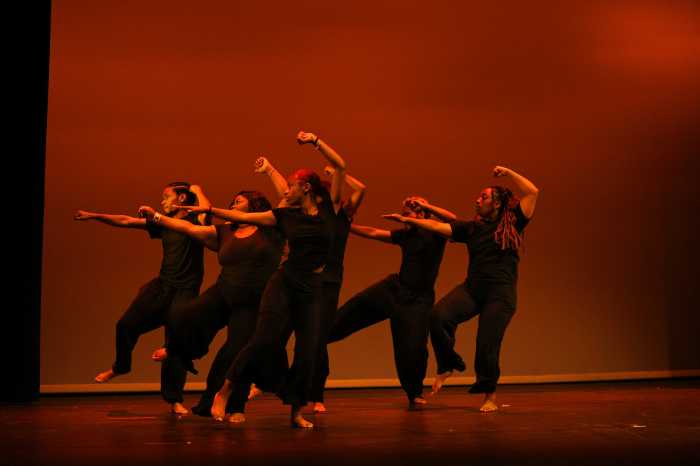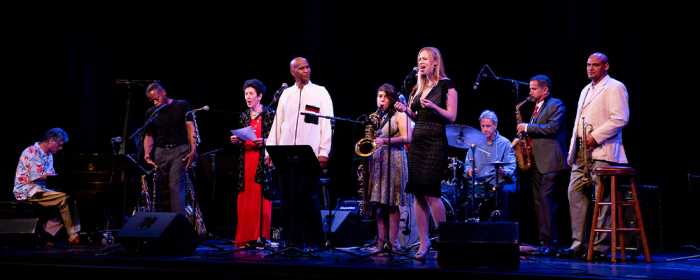The residents of Woodhaven are very fortunate to have so much of its history still preserved and visible. To walk through the streets of Woodhaven is to walk through history, if you know where to look.
Helping you know what to look for will be the goal of a presentation given by the Woodhaven Cultural and Historical Society this Sunday, Nov. 6, starting at 2:30 p.m. at the home of the Queens Historical Society at 143-35 37th Ave. in Flushing.
Perhaps the oldest remnant of the very earliest days of Woodhaven is a plot of land approximately 80 feet wide and 270 feet long containing the remains of the area’s Dutch settlers. The Wyckoff-Snediker Family Cemetery on 96th Street and 86th Avenue is nestled between All Saints Episcopal Church and the backyards of neighboring homes.
Some of the earliest markers go back to the 1700s and many of the names are known to those who are familiar with local history, and some of them were immortalized in the street names around us.
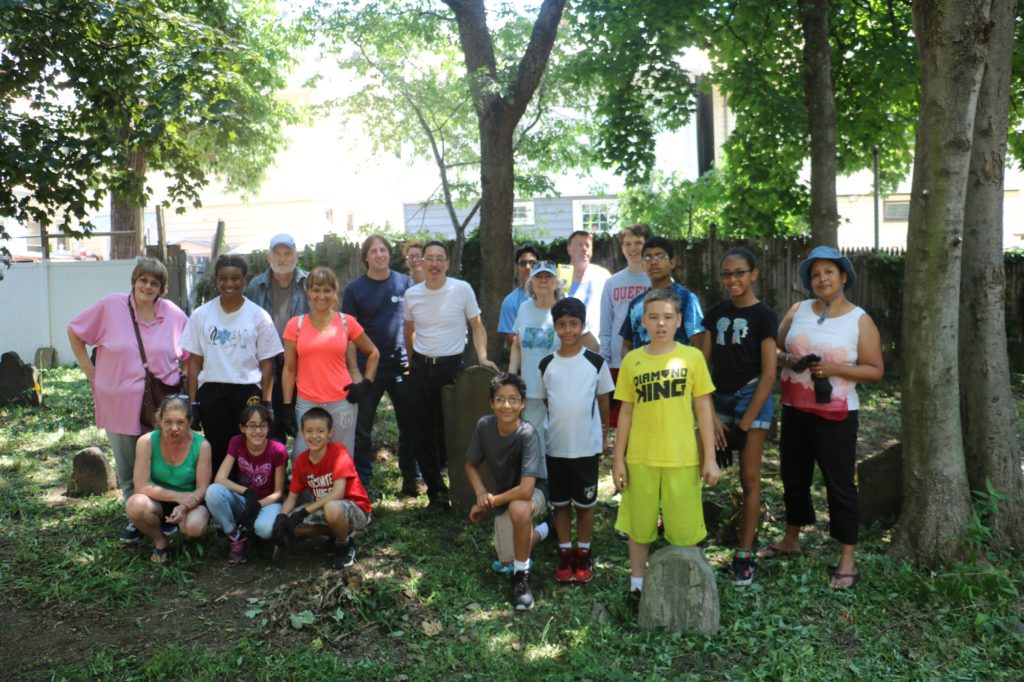
One landmark well over 100 years old with an interesting history is technically not in Woodhaven anymore. The clocktower of the old LaLance-Grosjean factory was built after the great fire of February 1876 destroyed the original building.
As legend has it, the original fire swept through the factory and rapidly destroyed everything except for the tall wooden clocktower which remained standing until approximately 2 a.m. Then, with nearly the entire community watching, it collapsed in a spectacular fireball which many saw as the final sign that Woodhaven was finished.
Florian Grosjean, the owner of the factory, may have felt the same way when he arrived at the scene of destruction the next morning.
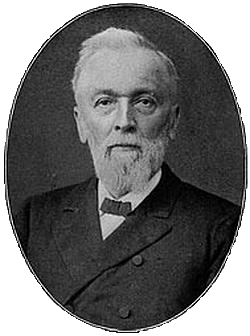
As most of the residents of the small village of Woodhaven worked at the factory, the fire put nearly everyone out of work and a mass evacuation was underway. But Mr. Grosjean acted quickly and kept his workers on half-salary, and hired many of them full-time to help rebuild.
By August, a new and improved complex was opened with a taller, modern, brick clocktower that could be seen for miles. Today, the borders have been altered so that the site of the factory now sits in Ozone Park, and most of the complex is gone, torn down to make way for a supermarket.
But the clocktower remains, standing tall over the communities it once served, telling the story of a group of people long ago who refused to give up in the face of adversity.
Another local landmark well over a century old is actually fast approaching two centuries: Neir’s Tavern on 78th Street and 88th Avenue opened in 1829 and sat outside the main entrance of the Union Course Racetrack and has been serving up suds to locals ever since.
The Union Course was the largest track in the United States, running from Jamaica Avenue to Atlantic Avenue, from 78th Street to 84th Street. One of the most famous races took place in 1822, a best-of-three between Eclipse (representing the North) and Sir Henry (defending the South). More than 60,000 people came to Woodhaven to witness this battle and more than $200,000 changed hands, a figure that would be worth just over $4 million in today’s money.
Today, there are no physical remnants left of this once-great track, except for Neir’s Tavern. Step inside and stand at the bar, looking out the front window, and one can imagine people stopping in for a quick one before the races, or crying in their beers afterwards, if they’d just lost their shirts.

While Neir’s has been fighting a long battle to achieve New York City landmark status, it can take solace by the fact that another local landmark had to fight just as hard to be recognized by the city.
The Forest Park Carousel was the handiwork of the legendary master carver Daniel Muller. Muller came to the United States from Germany as a child in the 1880s and as a young man, he and his brother worked for Gustav Dentzel, a renowned carousel builder in his own right.
Dentzel’s father built carousels back in Germany going back to the mid-18th century. Muller took advantage of the opportunity to learn all of these old-world skills from Dentzel and blended it with his own realistic style to carve out a name for himself and in 1903, D.C. Muller and Bro. Company was founded.
Muller’s carvings were notable not only for being very beautiful and realistic; in some cases the carvings were militaristic, with horses sporting bugles, swords and canteens. Over 14 years, D.C. Muller and Bro. created more than a dozen carousels but, sadly, today only two remain: one in Cedar Point, Ohio, and ours right here in Forest Park.
The original carousel in Forest Park burned down in 1966, but the current one was purchased from an amusement park in Massachusetts, and brought here in 1972. It is well over 100 years old and was finally recognized in 2013 as a New York City Landmark.
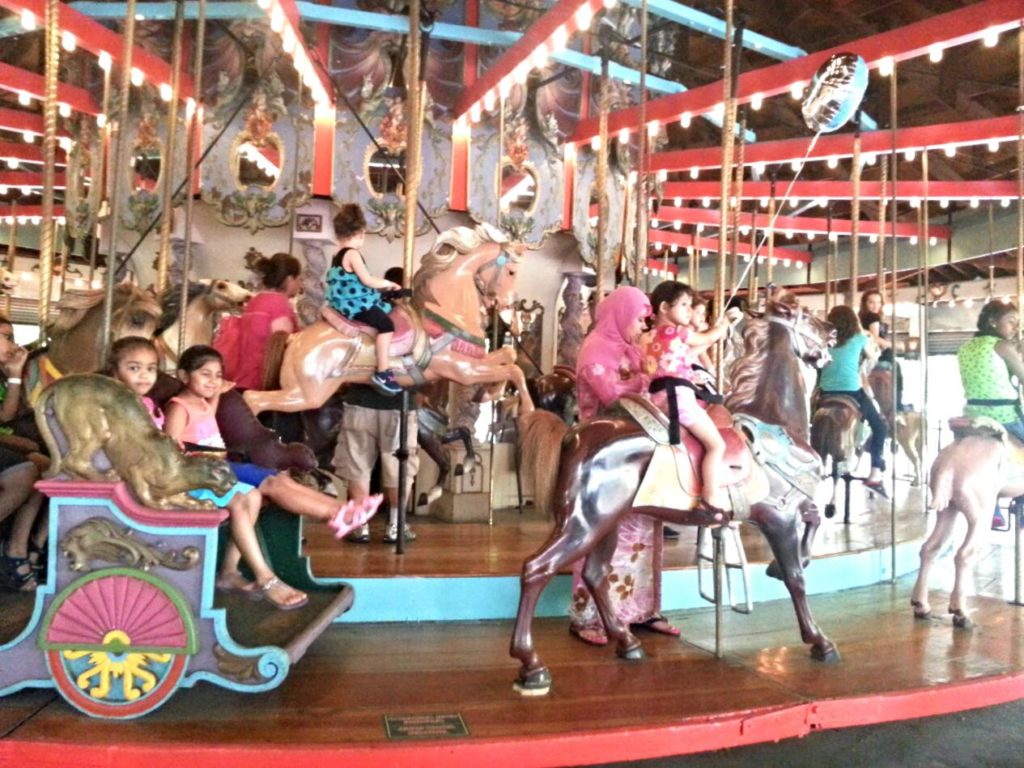
As for businesses, besides Neir’s Tavern and the Forest Park Carousel, there are several businesses in town that have topped the century mark: Ohlert-Ruggiere was founded in 1895 (the same year of the infamous cyclone); Walker Funeral Home was founded in 1899; Popp’s Restaurant opened their doors in 1907. And Manor Delicatessen goes back to at least 1914.
There are so many old-time businesses still operating in Woodhaven that one has to consider Schmidt’s Candies, which just began its 90th year of operation, the baby of the group.
As noted earlier, walking through the streets of Woodhaven is like walking back in time, if you know where to look. Hopefully, regular readers of this column will take the opportunity to visit some of these locations and enjoy the fact that they are still standing after all these years.
This column was originally published in the Nov. 3 issue of the Ridgewood Times as part of its ongoing “Our Neighborhood: The Way It Was” series. Share your memories of Queens with “The Old Timer” by emailing editorial[@]qns.com (mention “Our Neighborhood: The Way It Was” in the subject line).

